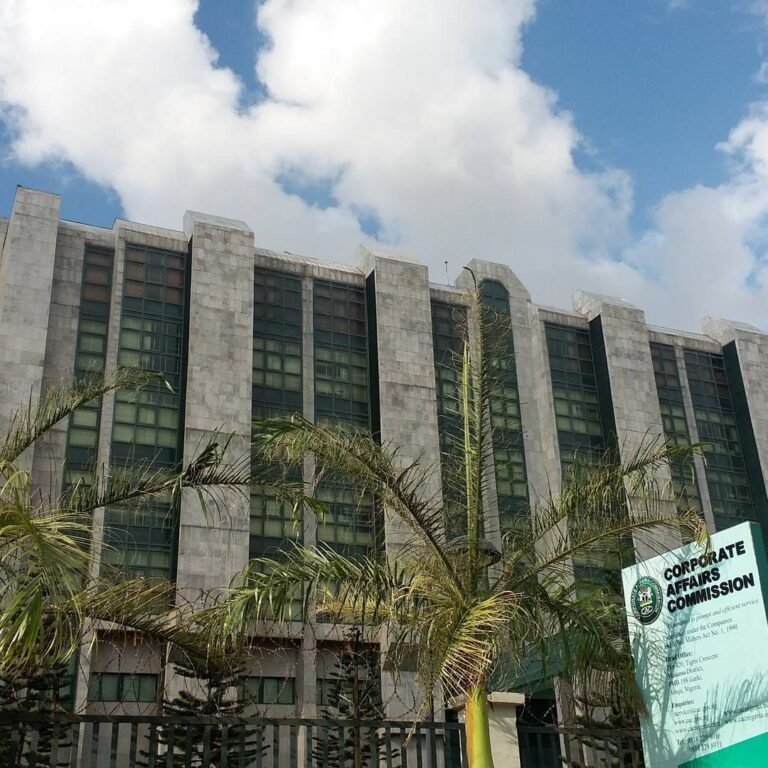The education sector in Nigeria has become a haven for corruption, perpetuating a cycle of decay that has devastating consequences. The most troubling outcome is the proliferation of cybercrime, commonly referred to as “Yahoo Yahoo,” which is common among the youth. This trend is a direct result of the systemic failure of the education system, which has left young Nigerians frustrated, disillusioned, and desperate for a way out.
Corrupt officials now embezzle funds meant for schools and universities, leaving institutions in disrepair and students ill-equipped to compete in the job market. This is not a mere oversight; it is a deliberate theft act perpetrated by those entrusted with overseeing the education system. Several cases of mismanagement of funds and corruption are affecting the education sector, particularly in the southwest of Nigeria.
A 2023 report revealed that ₦10.2 billion meant for school renovation projects in Ogun State was mismanaged, leaving many schools in their dilapidated state. Also, in 2021, N18 million was allocated for the renovation of a block of three classrooms at Community Comprehensive High School in Eggua, Egbado North LGA, Ogun State. The project was half-done, leaving students in an awful learning condition.
In the same vein, in 2021, N12 million was allocated for the construction of a block of three classrooms at Christ Primary School, Imasayi, in Egbado North LGA, Ogun State. The project was not completed.
The suspension of Benjamin Abakpa, the Executive Secretary of the National Senior Secondary Education Commission (NSSEC), for alleged financial misappropriation and ineptitude is another recent example. His case exposed the urgent need for accountability and transparency in educational governance, and how mismanagement at the top fuels a decline in educational standards and a rise in cybercrime.
The corruption persists despite the United Nations Educational, Scientific and Cultural Organization (UNESCO) statistics, ranking Nigeria as one of the three countries with the highest number of out-of-school children. This is a testament to what corruption in the educational sector has caused negatively.
The situation now desires a need for improved transparency, accountability, and effective management of funds allocated for education infrastructure projects. If not, the consequences will be far-reaching, with a significant decline in academic standards and a generation of young Nigerians unable to access quality education.
A corruption link between the education sector and cybercrime
Experts agree that the lack of proper funding in education has driven social vices like “Yahoo Yahoo.” Dr. Bola Babalola, a lecturer at Moshood Abiola Polytechnic, emphasized that the situation in the education sector has been a significant driver of social vices like “Yahoo Yahoo.” He argues that inadequate resources have left schools unable to provide the necessary training, conducive learning environments, and encouragement students need to succeed. This failure has pushed many young people to explore alternative, often illegal, avenues to achieve their aspirations.
The consequences of corruption extend beyond the rise in cybercrime. Certificate forgery and exam malpractices have devalued the quality of education, eroding the credibility of Nigeria’s academic institutions. This devaluation not only hampers the prospects of individual students but also diminishes the country’s reputation on the global stage.
Recent statistics from the Economic and Financial Crimes Commission (EFCC) painted a blunt picture of the cybercrime epidemic in Nigeria, particularly in the Southwest region. Over 400 suspected internet fraudsters were arrested in the Southwest region between January and June 2023. Ogun State has emerged as a hotspot, with 143 arrests. These numbers are evidence of the scale of the problem, and the urgent need for action.
To address this crisis, the government must take decisive action to root out corruption, increase investment in education, and restore the integrity of Nigeria’s educational institutions. This involves stricter oversight and accountability measures and a commitment to providing students with the tools they need to succeed.
Moreover, there needs to be a broader societal shift in how success is perceived and celebrated in Nigeria. The current culture, which often glorifies quick wealth regardless of its source, needs to be challenged and replaced with values that emphasize hard work, dedication, and ethical conduct. EFCC should also step up its game by collaborating with financial literacy civil organizations.
The rise of “Yahoo Yahoo” is a symptom of a larger malaise afflicting Nigeria’s education sector and society at large. It is a call to action for the government, educators, and citizens to come together to address the root causes of this problem.
The corruption plaguing Nigeria’s education system is a ticking time bomb, threatening to derail the future of the nation’s youth. Nigeria must invest in the future of the youth to turn the tide against cybercrime and build a more prosperous and equitable society.
Fawaz Adebisi is a Journalism for Liberty fellow at the Liberalist Centre.













